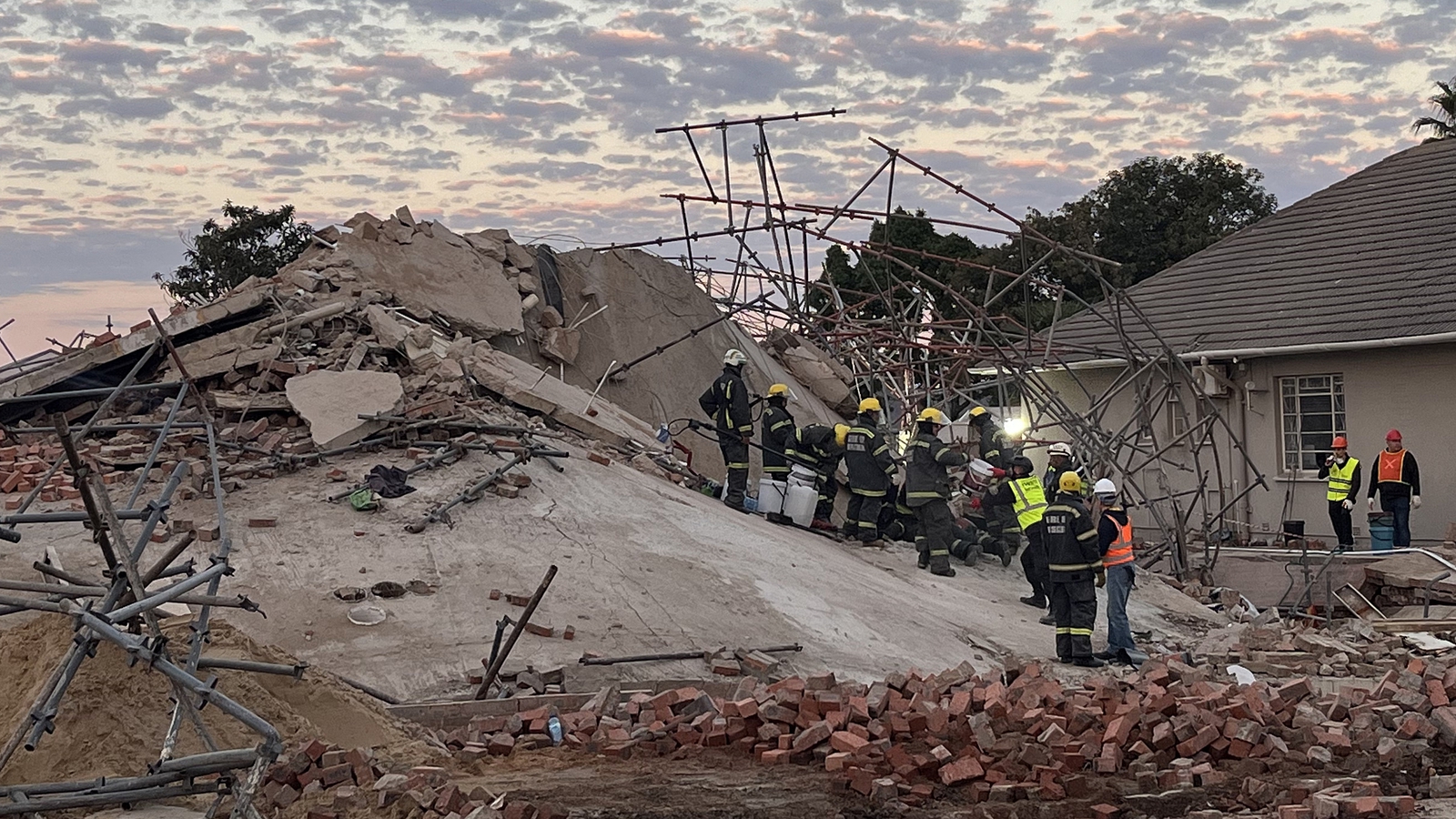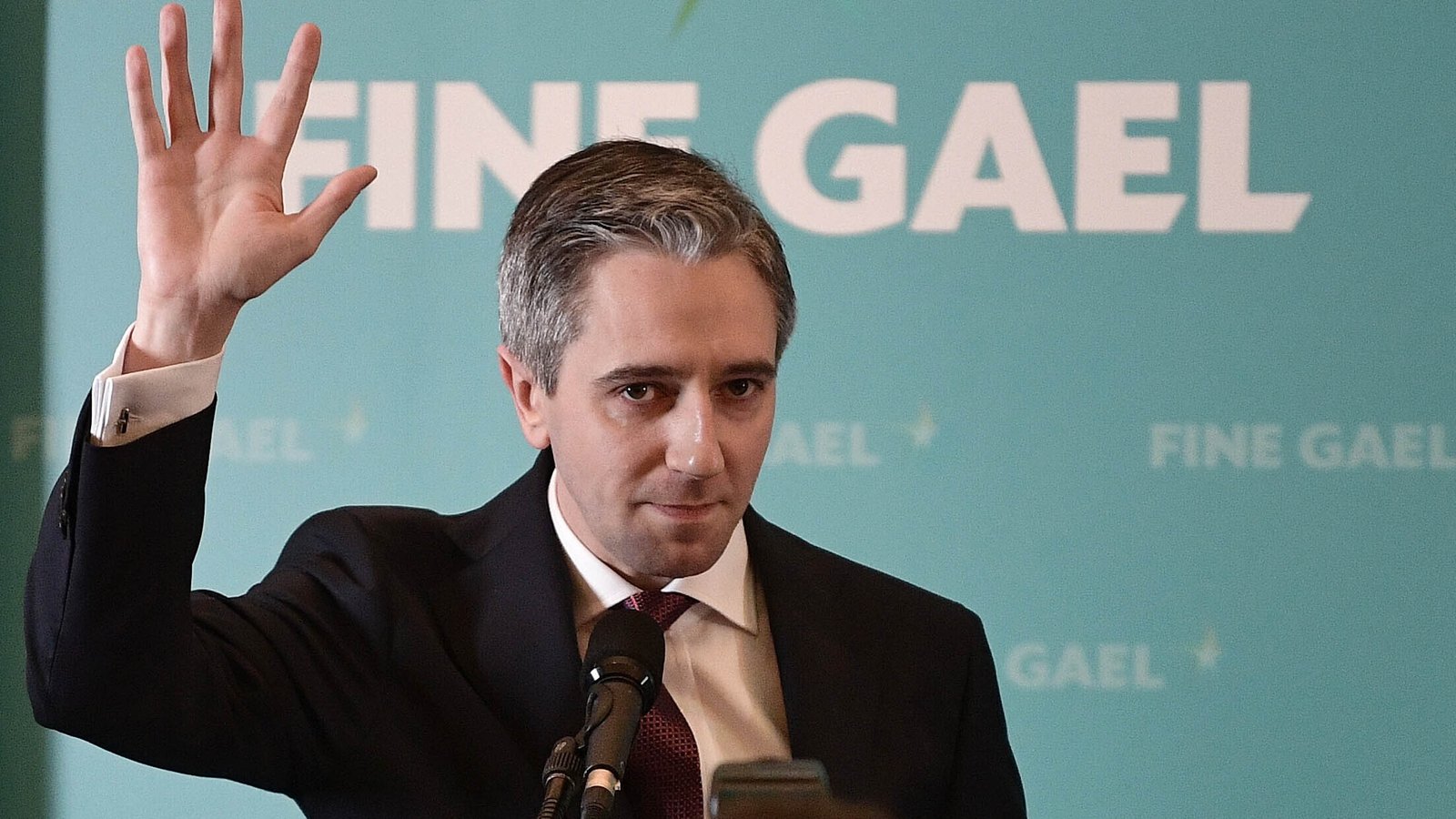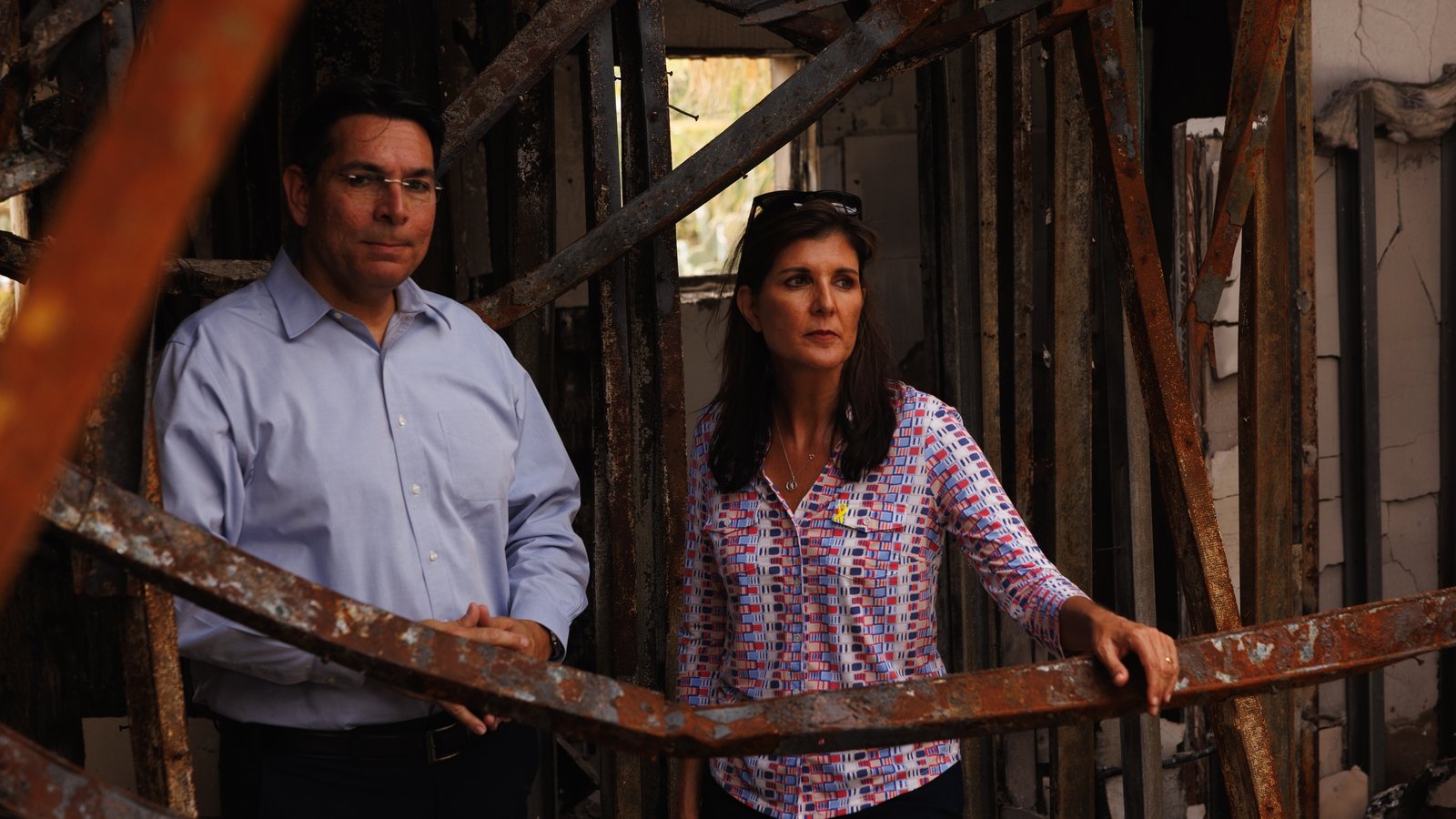Manual image processing by gardaí ‘unfeasible’
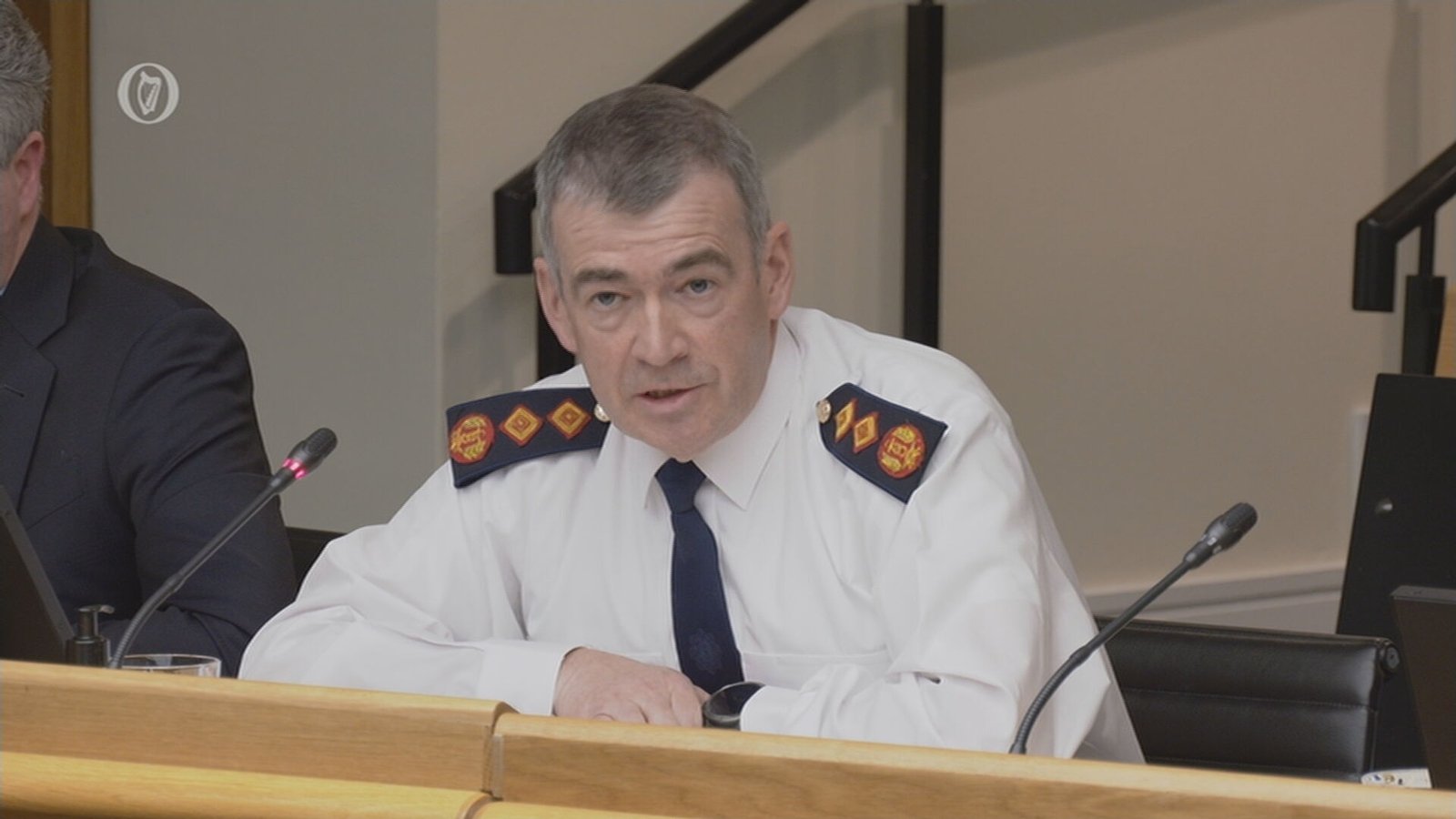
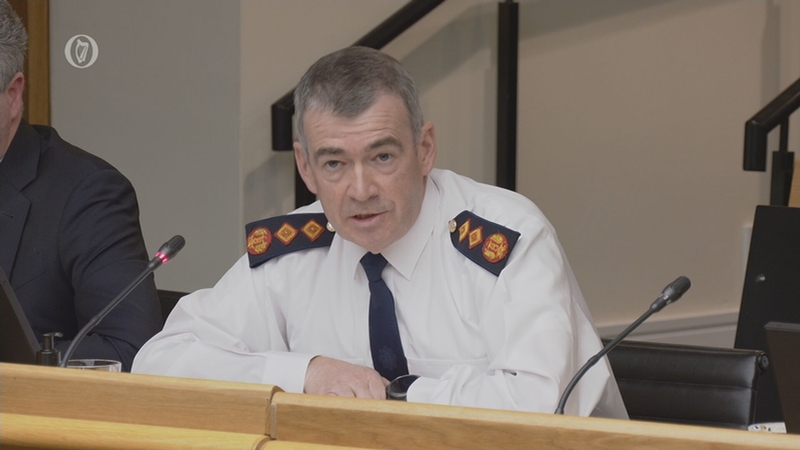
Garda Commissioner Drew Harris has said that An Garda Síochána must have access to modern digital analysis tools, as manual processing of images is “unfeasible and ineffective”.
Commissioner Harris told an Oireachtas committee that the footage from the Dublin riots on 23 November 2023 runs to more than 22,000 hours, while individual murder investigations can have upwards of 50,000 hours of images.
He also recounted “a very recent example” of an investigation into child sexual abuse where “one phone just over a two-month period gathered some 650,000 images”.
“Digital evidence that gardaí have a duty to process is now at big data scale in terms of its massive volume, complexity of formats and the rate at which it is generated.
The committee is examining a bill that introduce facial recognition technology (FRT) to analyse bodycam footage gathered by gardaí.
The technology would only be used in specific circumstances including riot and murder investigations and cases of child sexual abuse.
“There is no question of autonomous machine decision-making, ever,” Commissioner Harris said.
“All decisions that can impact on a person are only taken by identifiable and accountable personnel.”
Garda Chief Information Officer Andrew O’Sullivan said “this is not an identification process”, but is “about sifting and reducing down huge numbers of images”.
‘Specialist software’ needed in one child sexual case
Commissioner Harris elaborated on the investigation into child sexual abuse, where an individual “groomed children and then through threat and intimidation exploits them … and demands that they produce other victims”.
Gardaí established there were 54 victims and identified 51 of them, each one located outside of the Republic of Ireland, through an investigation which required “considerable international cooperation”.
This task would have been impossible to do manually, he said, and relied upon “specialist software” to sift through the masses of data.
Without the use of technology, “the months are rolling on and abuse is carrying on”, the commissioner warned.
He revealed that a team of eight has “been working solidly” since 24 November on sorting footage from the Dublin riots.
This is along with a “huge effort” by dozens of gardaí who have been collecting the data.
While much of the work is necessarily manual, if gardaí could use software “that would speed up the process”, he said.
The commissioner warned that the absence of legislation means that there is a “legislative lacuna” in this area.
Concerns over ‘indiscriminate surveillance’
In a joint submission to the committee, the Irish Council for Civil Liberties and Digital Rights Ireland urged the Government to reconsider the introduction of FRT as it believes the risks are too high.
The organsiations said the technology is unreliable and delivers discriminatory results, often incorrectly identifying women and ethic minorities.
They warned that the legislation under consideration – the Garda Síochána (Recording Devices) (Amendment) Bill – would introduce indiscriminate surveillance.
Simon McGarr, of Digital Rights Ireland, expressed concern that prosecutions could fall “on the basis of how the evidence was gathered”, noting that “strong” cases were already facing challenges in this regard.
The Office of the Data Protection Commissioner acknowledged the potential of FRT to benefit policing but noted that it presents “serious risks” to a person’s right to data protection.
Deputy Commissioner David Murphy said the office would be consulted on any code of practice, and views it as “an ongoing iterative process”.
“The legislation must implement the necessary restrictions, limitations and safeguards” to ensure that any use of the technology “is strictly necessary and proportionate”, he said.

